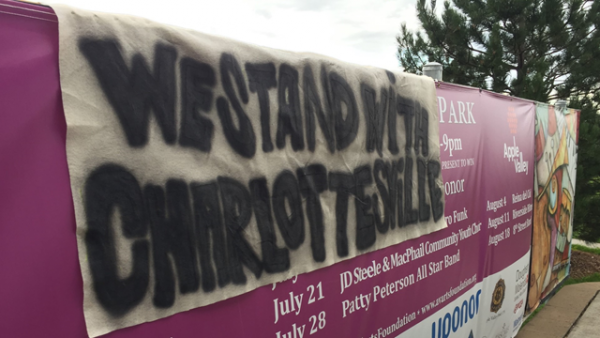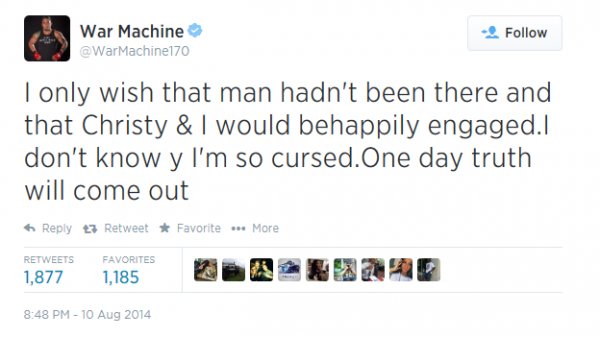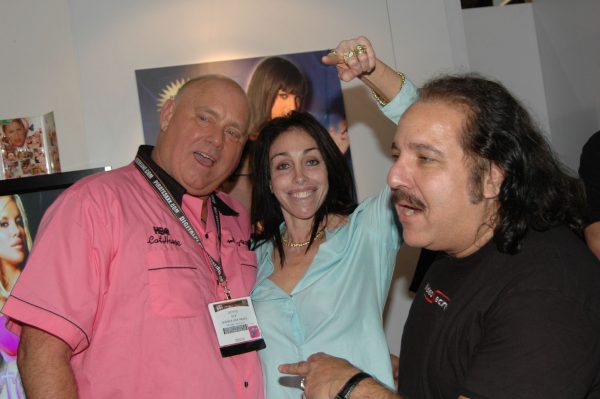Social Media, Zola, and the Sex Worker Horror Story

By now, you’ve probably heard the story of Zola and her fabled strip trip to Florida with her new friend, Jess. If you haven’t, the story was told in a series of dramatic tweets by Zola, AKA twitter user _zolarmoon. In it, she spins a story that’s so intense and absurd that it’s hard to believe. In sum: she reluctantly agrees to take a work trip with her new pal, Jess, to Florida. Things immediately go wrong in a variety of terrifying ways. Zola’s narration of the journey is flippant and casual. She saw a lot of humor in the events that allegedly occurred.
The series of tweets were so flagrantly wild that they exploded on Twitter—at one point her story was (and still may be) trending worldwide. The story was picked up and regurgitated by your typical new media blogs: Fader, Buzzfeed, Complex, and, Jezebel (the list is still growing). It’s not surprising that Zola’s narrative was embraced so thoughtlessly. It contained the trappings of a good story that the new media elite thrive on, a perverted version of the who-what-where-when-why-how I learned about in journalism school: sexy pictures, nefarious and criminal doings, content that could be quickly mined and embedded, and, uh, Florida.
Sex worker Twitter did not appreciate the Jezebel piece. It triggered a familiar dialogue about the intersection of social media and journalism. What, ethically, is public record? Is Zola’s Twitter account public record? Jia Tolentino, the author of the story, argued that YES, it is. And further, the original tweets themselves had been shared hundreds of times—so who cares? The story went viral. Deal with it.
 For our readers who’d like to help, we put together a list of local organizations which stand against white supremacy and fundraisers for victims of the white nationalist violence at Charlottesville:
For our readers who’d like to help, we put together a list of local organizations which stand against white supremacy and fundraisers for victims of the white nationalist violence at Charlottesville:
